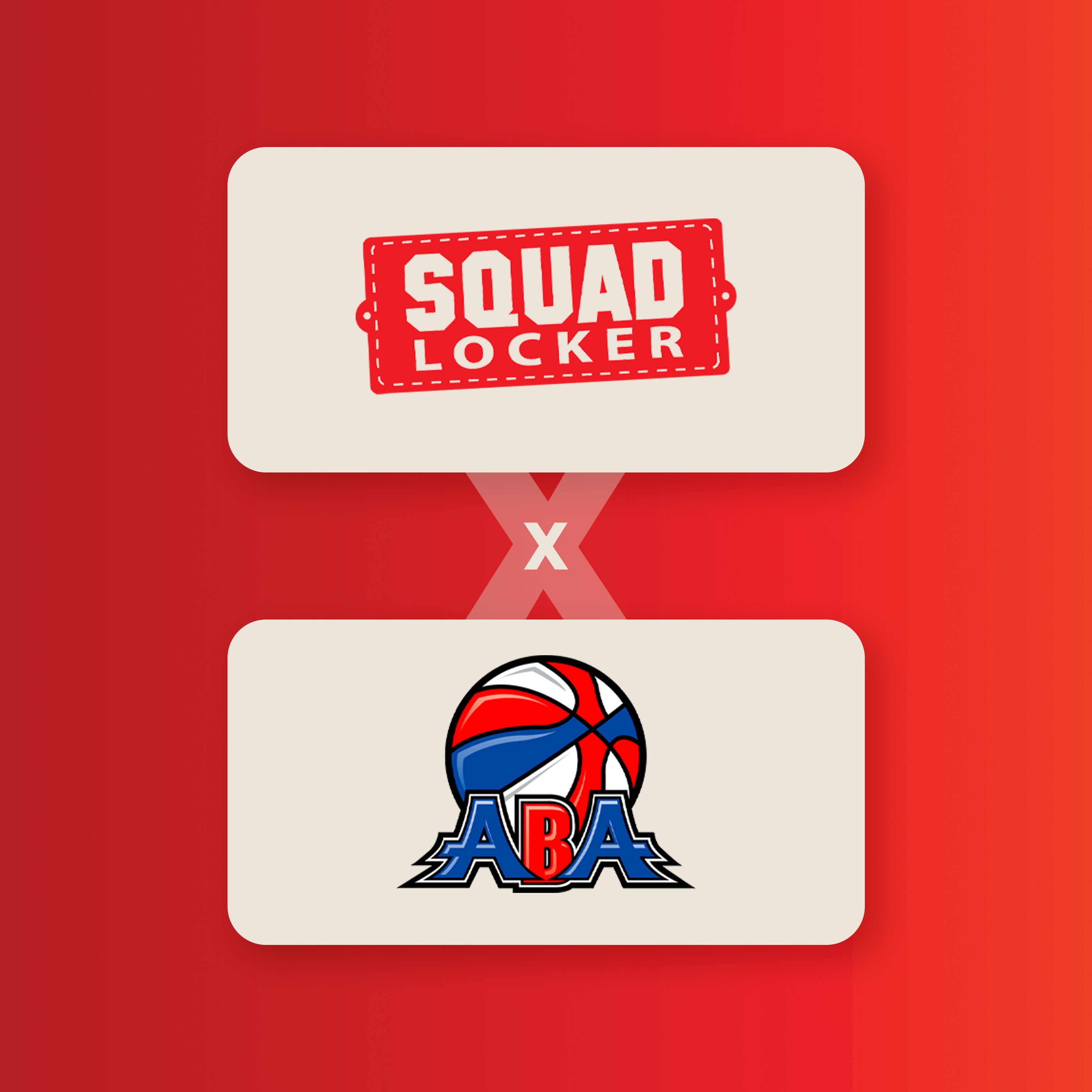Every year, returning to play as school gets underway again is exciting. Especially this year. You’ve been separated from teammates, at least in an up-close physical sense, and the rules relating to contact and health safety will make this season’s sports play definitely different. But what happens when you’re returning to play but not to your former teammates? That can feel not only different but daunting.
You’re moving up – heading into high school or off to college. That means you’ll be “returning” to an all-new team—at least new to you. Your teammates will be new to you as people, and new to you as fellow players. Will they like you? Will you (and your style of play) fit in well? You want to see their moves and show off yours, but above all you want to be accepted.
Here are some tips to make the transition a great one. And, by the way, these same tips apply if your family has moved and you’re returning to play but at a new school, or if you’re joining a club or league that’s new to you.
Ask for advice
Coaches are pretty smart about things beyond teaching skills and designing plays, and you know your coach wouldn’t steer you wrong. And ask former teammates (or an older brother or sister) who have already made the move to a new team to share their experiences.
Prepare yourself
Advance preparation is the key to every win. You probably know a lot already about the new school (especially if it’s a college you deliberately chose) and its sports program, but try to learn as much more as you can. Study the roster to learn about your new teammates. Everyone loves to be recognized, so if you can at least put names with faces before you arrive, you’ll be a big hit. If you know their positions and key strengths or stats, even better. (You’ll need to know that anyway, to play effectively with them.)
Keep sharpening your skills, too, so you’re in tip-top shape when you arrive. Then, set a great example by practicing hard – on your own as well as during formal practices. Any team will love a new player with a strong work ethic.
Be confidant (but not cocky)
You might be the star of your current team, but you’ll be a newbie on your next team. Of course you have mad skills, or the coach wouldn’t have picked you to participate. And, of course you want to show what you can do. But everyone else is skilled and important, too, no matter what position they play.
Self-confidence comes from other skills you’ve learned in sports, too – things like leadership and how to work well with others. Show them that you’re confident you can contribute to this team’s success, but you know you can’t do that on your own. Be willing to learn from them as well as play with them. Show respect to everyone, whether they’re a starter or a bench-warmer. And be a stand-up teammate. If you make a mistake, own up to it.
Be a friend
Do things with your new teammates outside of sports so you can get to know them better as people. Ask questions about their likes and dislikes. And be a good listener. That builds trust as well as friendship.
Be enthusiastic
This one’s a no-brainer, right? Returning to play for another season is always exciting, and there’s an extra level of anticipation when you’ll be playing with a new team. You want to win, but remember that you’re there to have fun, too. It will take you awhile to get to know everyone and fit smoothly into the team’s rhythms, so don’t put undue pressure on yourself to be the most popular or perfect player right off the bat.
With your great attitude and some advance preparation, you’ve got this. Your new team will not only accept you, they will welcome you as a person and as a valuable addition to their squad.
Share this Story










